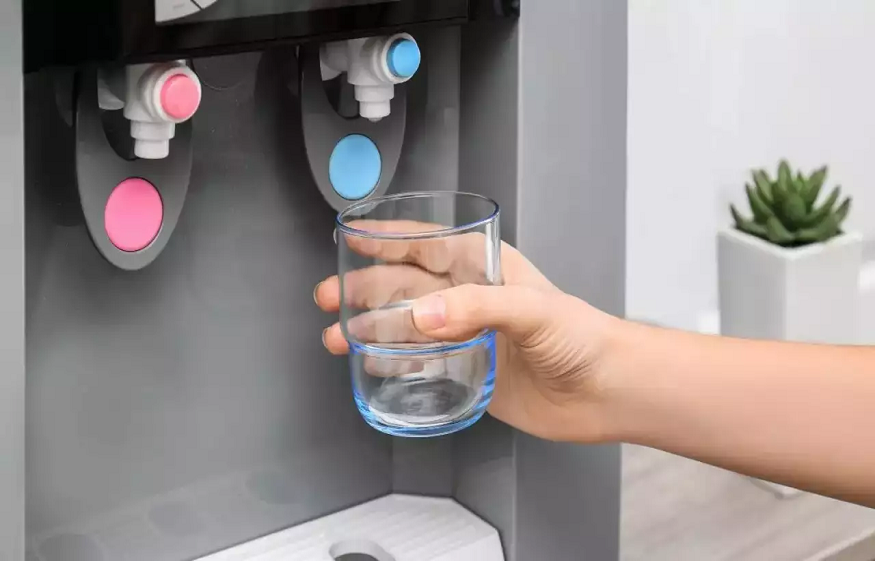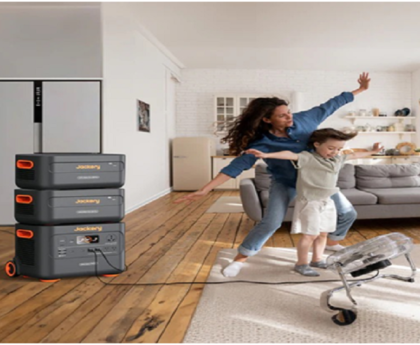Water is essential to our health and well being, but it can also be a source of harmful contaminants that can affect our health in various ways.
This is why having a water purifier at home is becoming increasingly popular among people. A water purifier is a device that removes impurities from water and makes it safe to drink.
It is an essential home appliance that is used to ensure that the water you drink is free of impurities, toxins, and pollutants.
However, choosing the right water purifier can be a daunting task, as there are so many options available in the market.
With this in mind, we’ve put together a list of things to know before buying a water purifier at a DIY shop in Singapore.
1. Understand the Types of Water Purifiers
Before you buy a water purifier for your kitchen appliance, it is important to understand the different types of water purifiers available in the market. There are different types of water purifiers, such as gravity-based, UV, RO, and UF purifiers.
Gravity-based water purifiers work on the principle of gravity and are suitable for areas where the water has low TDS (Total Dissolved Solids) levels. UV (Ultraviolet) water purifiers use ultraviolet rays to kill bacteria and viruses present in the water.
RO (Reverse Osmosis) water purifiers use a semi-permeable membrane to remove impurities from the water. UF (Ultrafiltration) water purifiers work on the principle of a hollow fiber membrane to remove impurities from the water.
Each type of water purifier has its own advantages and disadvantages. Therefore, it is important to choose the type of water purifier that is best suited for your needs.
2. Check the TDS Level of the Water
The TDS level of the water is an important factor to consider when choosing a water purifier. TDS stands for Total Dissolved Solids and includes minerals, salts, and other substances that are dissolved in the water. The TDS level of the water can be measured using a TDS meter.
If the TDS level of the water is high, then a RO water purifier is recommended. RO water purifiers are effective in removing dissolved solids from the water. However, if the TDS level of the water is low, then a gravity-based or UF water purifier can be used.
3. Check the Water Quality
Before buying a water purifier, it is important to check the quality of the water in your area. You can get the water quality report from your local water supply agency.
The report will provide information on the contaminants present in the water, such as bacteria, viruses, and chemicals.
Based on the water quality report, you can choose the right type of water purifier that is effective in removing the contaminants present in the water.
4. Check the Capacity of the Water Purifier
The capacity of the water purifier is another important factor to consider when choosing a water purifier. The capacity of the water purifier is measured in liters per hour. The capacity of the water purifier should be chosen based on the number of people in your family.
For a family of 4-5 members, a water purifier with a capacity of 8-10 liters per hour is recommended. However, if you have a larger family, then you may need a water purifier with a higher capacity.
5. Check the Maintenance and Service Requirements
Before buying a water purifier, it is important to check the maintenance and service requirements.
Water purifiers require regular maintenance to ensure that they are functioning properly. This includes changing the filters and cleaning the water storage tank.
Therefore, it is important to choose a water purifier that requires minimal maintenance and is easy to service. You should also check the availability of spare parts and service centers in your area.
6. Brand Reputation
The brand reputation is an important factor to consider before buying a water purifier. You should choose a brand that is well-known and has a good reputation in the market.
A reputed brand ensures that the water purifier is of good quality and provides efficient and effective purification.
7. Water Quality
The quality of water in your area is an essential factor to consider before buying a water purifier. The water quality varies from region to region, and the contaminants present in the water may differ.
Therefore, it is crucial to get the water tested before investing in a water purifier. You can get the water tested by a certified laboratory or a water purifier dealer.
Once you know the contaminants present in the water, you can choose a water purifier that is effective in removing those contaminants.
8. Look for certifications
When buying a water purifier, you should look for certifications from reputable organizations such as NSF International, Water Quality Association, and Underwriters Laboratories.
These certifications indicate that the water purifier has been tested and meets certain standards for water quality and safety.
9. After-sales service
After-sales service is an important factor to consider when buying a water purifier. You should choose a water purifier from a brand that provides excellent after-sales service.
This will ensure that you get timely support and assistance in case of any issues with the water purifier.
10. Price
The cost of the water purifier is an important factor to consider, but it should not be the only factor.
It is better to invest in a good quality water purifier that offers long-term benefits than to compromise on quality for a lower price.
However, compare the prices of different brands and models before making a final decision.
11. Energy consumption
Some water purifiers require more energy than others to operate. You should choose a purifier that consumes less energy, as this can help you save on your electricity bills.
12. Purification technology
There are several types of water purification technologies available in the market, such as RO (reverse osmosis), UV (ultraviolet), and UF (ultrafiltration).
Each technology has its own advantages and disadvantages. So, you should choose a technology that suits your specific needs
Conclusion
Buying an appliance like a water purifier is an important decision that can affect the health of your family. Therefore, it is important to consider all the factors discussed above before making a purchase.
Choose a water purifier that is suitable for the quality of water in your area, has a good storage capacity, requires low maintenance, and offers good after-sales service.
Remember, investing in a good quality water purifier is an investment in the health of your family.





